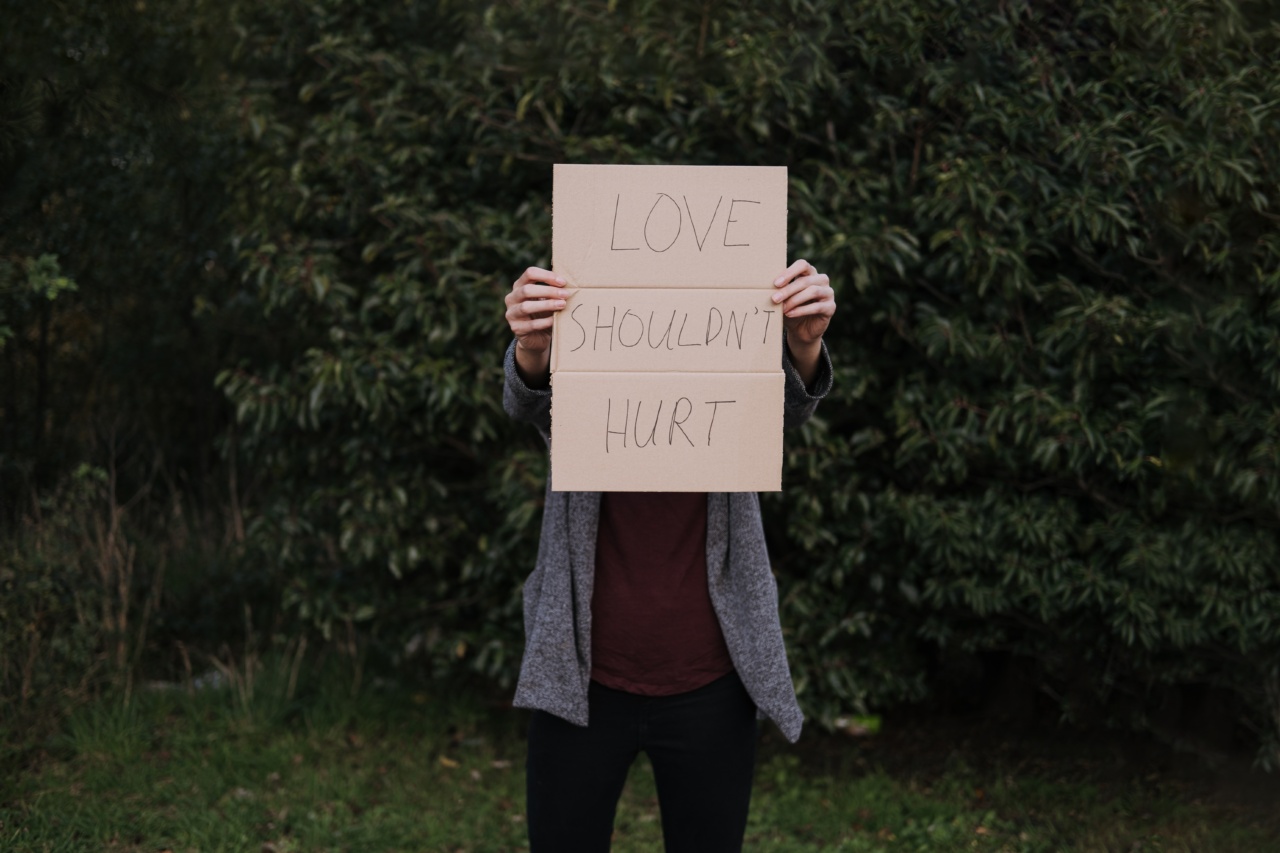Pain and depression are two of the most prevalent health problems that people face nowadays. Although these two seemingly unrelated health conditions have different causes, they are often found together.
Pain can lead to depression, and depression can cause pain. The exact link is not fully understood, but what is clear is that natural protective mechanisms exist to prevent their onset or reduce their severity.
The Brain’s Natural Painkiller
Endorphins are natural painkillers produced by the body’s nervous system. These chemicals are released in response to pain, stress, or exercise and bind to receptors in the brain and spinal cord.
Endorphins work to suppress pain signals, reduce anxiety, and promote a sense of euphoria. They are also released during sex, laughter, and other pleasurable activities.
Eating dark chocolate, spicy food, or exercising regularly can help boost endorphin levels in the body. Endorphins can also be stimulated by massage or acupuncture.
Oxytocin as a Protective Measure
Oxytocin is a hormone often referred to as the “love hormone” because it is released during physical touch, social bonding, or other pleasurable activities. Oxytocin has been found to have a protective effect against pain and depression.
This hormone can alleviate symptoms of depression and anxiety by promoting feelings of bonding and trust.
Studies have shown that oxytocin can reduce sensitivity to pain by decreasing inflammation and promoting tissue healing.
Baby bonding and breastfeeding have been shown to increase oxytocin levels and reduce the incidence of depression and pain in mothers.
The Power of Sleep and Meditation
Sleep is a vital aspect of our health and well-being. Lack of sleep can cause physical and emotional problems, including pain and depression. During sleep, the brain is able to process and consolidate memories and repair damaged tissues.
Chronic pain and depression can disrupt sleep patterns, which can make symptoms worse.
Meditation can also be an effective way to reduce pain and depression. Meditation allows the mind to focus on the present moment and release negative thoughts and emotions.
Meditation has been shown to reduce chronic pain, improve mood, and promote better sleep.
The Benefits of Exercise for Pain and Depression
Exercise has been shown to be an effective way to reduce pain and depression. Exercise can help to strengthen the muscles and improve flexibility, reducing the risk of pain and injury.
Exercise has also been found to improve mood by releasing endorphins and reducing the levels of stress hormones in the body.
Regular exercise can also help promote better sleep, relieve anxiety, and increase energy levels. Activities such as yoga and tai chi, which combine movement and meditation, can be particularly beneficial for reducing pain and depression.
Nutrition as a Protective Measure
Nutrition plays an important role in our overall health and well-being. Eating a diet rich in anti-inflammatory foods can help reduce pain and inflammation in the body.
Foods such as fatty fish, berries, leafy greens, and nuts are all high in anti-inflammatory compounds.
The gut-brain connection is also important in protecting against pain and depression. A healthy gut can help reduce inflammation and improve mood. Eating a diet high in fiber, probiotics, and prebiotics can help promote a healthy gut microbiome.
The Importance of Social Support
Social support is an important aspect of our emotional well-being. Having a strong support network can help reduce symptoms of pain and depression. Social isolation and loneliness can increase the risk of depression and chronic pain.
Support groups can be particularly beneficial for those dealing with chronic pain or depression. Support groups offer a safe and confidential environment where people can share their experiences and offer emotional support to each other.
Conclusion
Pain and depression are complex health problems that can be difficult to manage. However, the body has natural protective mechanisms that can help prevent their onset or reduce their severity.
Boosting endorphin and oxytocin levels in the body, getting enough sleep, regular exercise, eating a healthy diet, and having a strong support network are all effective ways to protect against pain and depression.





























